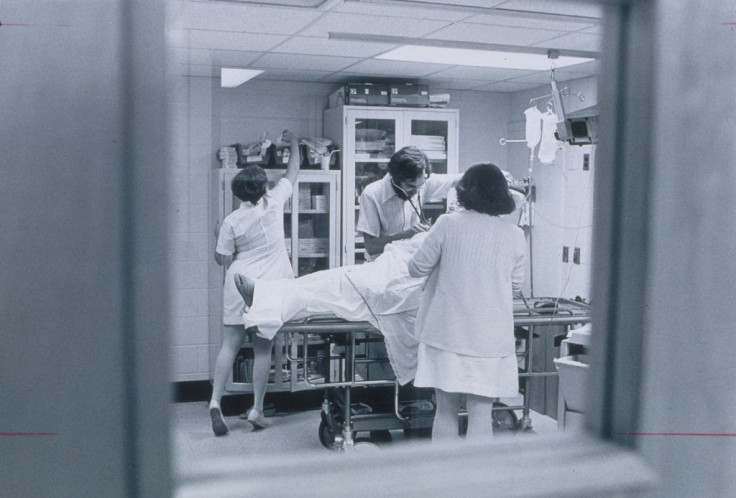Violent Injuries And ER Visits From Bar Fights Reduced By Anonymized Data Reporting

A UK hospital discovered they could reduce community violence by reporting nightlife trouble spots to police without compromising patient privacy, NPR reports.
Emergency room doctors in Cardiff, Wales devised a simple reporting program after realizing that most people injured in bar fights tend not to report incidences to the police, either out of fear of scrutiny or the futility of finding the other party. Emergency room doctors and nurses had come to expect the inevitable on a given Saturday night — a broken jaw, a knife wound, lacerations — following a row at the local pub or an altercation on the street.
As per protocol, hospital staff members already collected information about such injuries, including “which bar, which club, which street, which park, which school,” said Dr. Jonathan Shepherd, a professor of oral and maxillofacial surgery at Cardiff University who made a study of the program.
Most people injured in bar fights or in street altercations never report the crimes to police, Shepherd told NPR, particularly incidents involving night life. "They don't know who the perpetrator was, so what's the point of going to the police?" Shepherd said. "And they're afraid of having their own conduct scrutinized. If it's a fist fight or gang related or drug related, nobody's going to want to go to the police."
Thus, the hospital in Cardiff began reporting such information to police with names and other identifying information removed, providing helpful intelligence with absolutely no legal or ethical breaches of patient privacy. Armed with that information, police found they could better deploy resources to spots implicated in violence. The new protocol helped to save Cardiff approximately $11 million in 2007, according to Shepherd’s study, published in the journal Injury Prevention.
The yearly savings dwarf the program’s $338,000 annual cost for data management and footwork, and includes lowered costs for healthcare and criminal justice. Following the implementation of the program, the city used new data findings to make changes, including the requirement that drinking establishments serve alcohol in plastic cups rather than glass. Subsequently, emergency room injuries from glasses and bottles — whether lacerations or blunt traumas — fell by 70 percent. Police also banished motor vehicles from a section of the inner city on weekend nights, reducing mishaps from drunk pedestrians in the street. The worst of the trouble spots in the city were simply closed.
Overall, hospital admissions in Cardiff fell from seven to five such incidences per month per 100,000 population, as similar violence rose in other UK cities, from five to eight incidences per 100,000 every month. “This intervention led to a significant reduction in violent injury and was associated with an increase in police recording of minor assaults in Cardiff compared with similar cities in England and Wales where this intervention was not implemented,” researchers from the U.S. Centers for Disease Control and Prevention wrote in a 2011 study published in the British Medical Journal.
As researchers spread the news far and wide, other hospitals began implementing similar reporting programs, with one-third of emergency room departments in England working on such programs by the middle of last year, Shepherd told NPR.
"In the U.K. gun violence is very, very rare," Shepherd says. "There are some years when the local police force here doesn't have one firearms offense to deal with. That means the focus shifts from gun violence to knife violence and fistfights." However, the same a reporting system might be used regardless of the weapon of choice, with implications for lowering gun violence in other countries.
Source: Florence, C., Shepherd, J., Brennan J., Simon, T., Effectiveness Of Anonymized Information Sharing And Use In Health Service, Police, And Local Government Partnership For Preventing Violence Related Injury: Experimental Study And Time Series Analysis. British Medical Journal. 2011.



























